“This is a fierce game, there is no rosy future, and it requires really serious investment.” That was the frank sharing of Mr. Nguyen Xuan Phu, Chairman of the Board of Directors of SUNHOUSE Group when talking about the harsh reality of the semiconductor industry at the workshop “New chapter of the semiconductor industry - Opportunities for Vietnam” jointly organized by VINASA and the Semiconductor Industry Development Committee on the afternoon of June 13 in Hanoi .
Mr. Phu expressed many expectations and concerns, wishing to make a substantial contribution to the development of Vietnam's semiconductor industry, a field that is considered a golden opportunity but also contains many huge challenges.
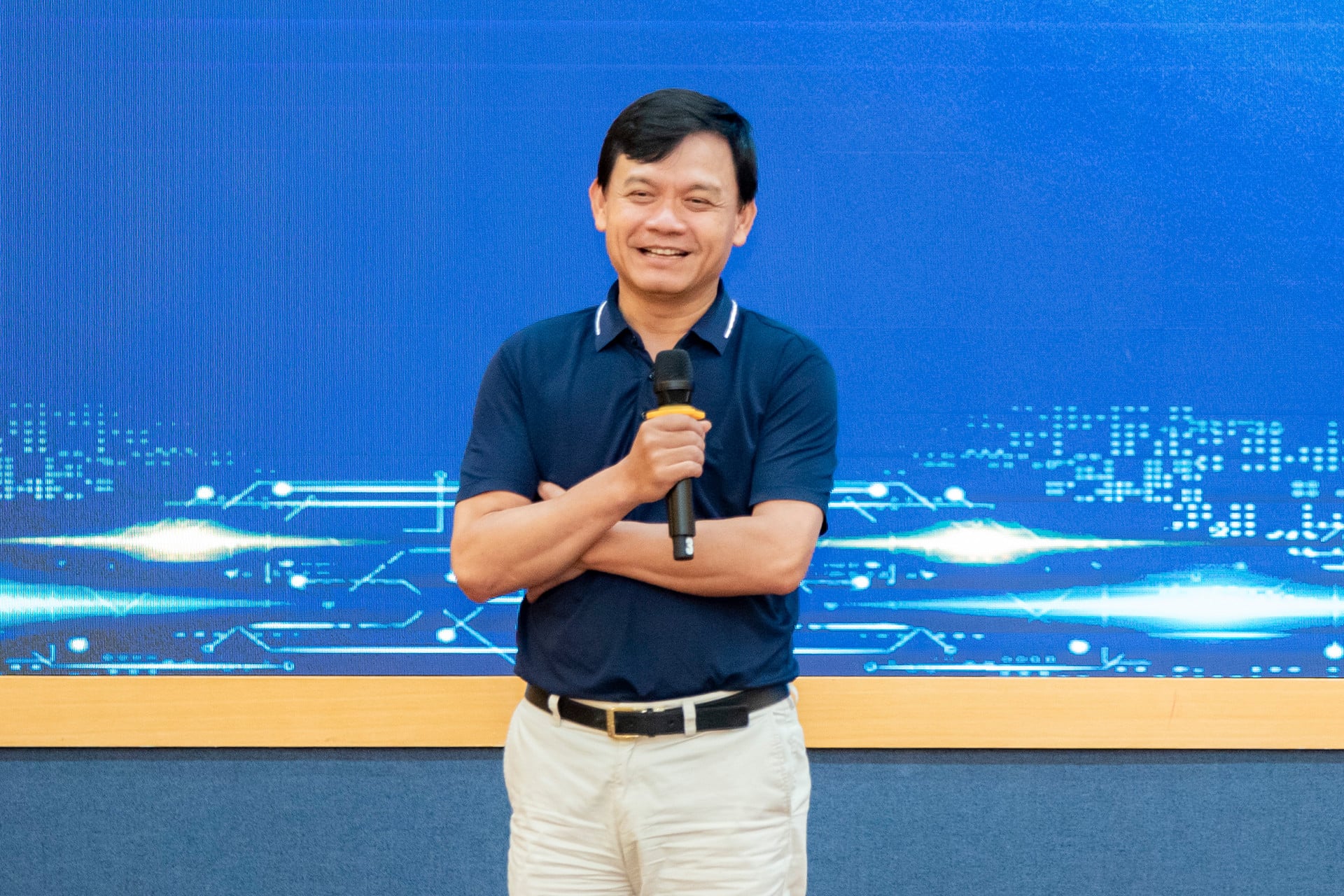
“I did in-depth research and went to Korea three times. Just one testing machine costs 50 billion VND. A factory may need dozens of such machines, not to mention the main production line. The total investment can be up to 200 million USD, while the revenue is only equivalent and still loses 10 million USD per year,” he recalled.
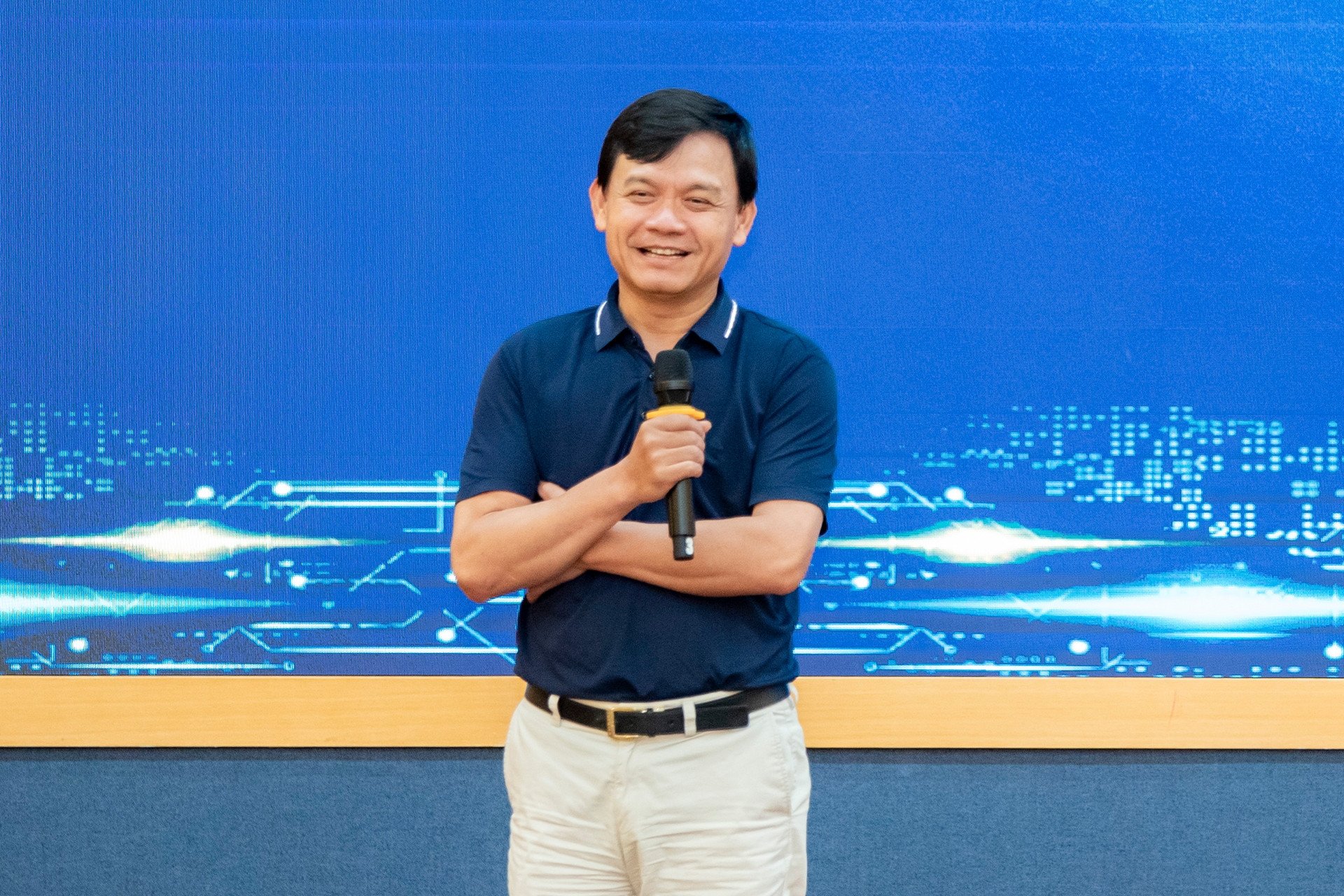
What surprised many people the most was that large semiconductor companies in Korea, despite having a history of hundreds of years and being partners of giants like Samsung and SK Hynix, still accepted prolonged losses. “I have seen companies invest 200 million USD and still not escape the loss after 5 years.”
Not only does this industry require huge investment costs, it also requires a synchronous ecosystem from design, plastic injection, precision engineering, to packaging and testing.
Successful countries like Taiwan (China), China or South Korea all invest tens of billions of dollars in just one stage of chip production, to understand that this is not a simple story.
“Why can they do it, but it’s difficult for us?”, Shark Phu asked. The answer, according to him, lies in three factors: capital, policy, and people. To be successful, all three factors must work together.
He called for drastic action in the next 2-3 years: “If we do not take drastic action in the next 2-3 years, the opportunity will be lost because the supply chains will move to other countries. The production of microchips and high technology not only requires large capital but also requires the will, aspiration and cooperation of the entire political system, businesses and society.”
Not having any illusions about dreams of taking shortcuts, he emphasized: “This is a long journey, we cannot take shortcuts in an easy way. I hope that through this sharing, we will have a more realistic view to research together, invest together, and cooperate together to turn opportunities into concrete results, creating a real semiconductor industry in Vietnam.”
Sharing the same viewpoint of not being dreamy, but emphasizing starting from reality and methodically, the representative of young enterprises in the semiconductor field, Mr. Cao Dai Thang, Chairman of INTECH Group, pointed out that many projects fail not because of bad ideas, but because the initial investment costs are too large, beyond the tolerance of startups.
Therefore, if we know how to start properly, part by part, each workshop, the cost problem can be solved, international cooperation opportunities can open up, and the dream of high-tech manufacturing in Vietnam is not at all unrealistic.
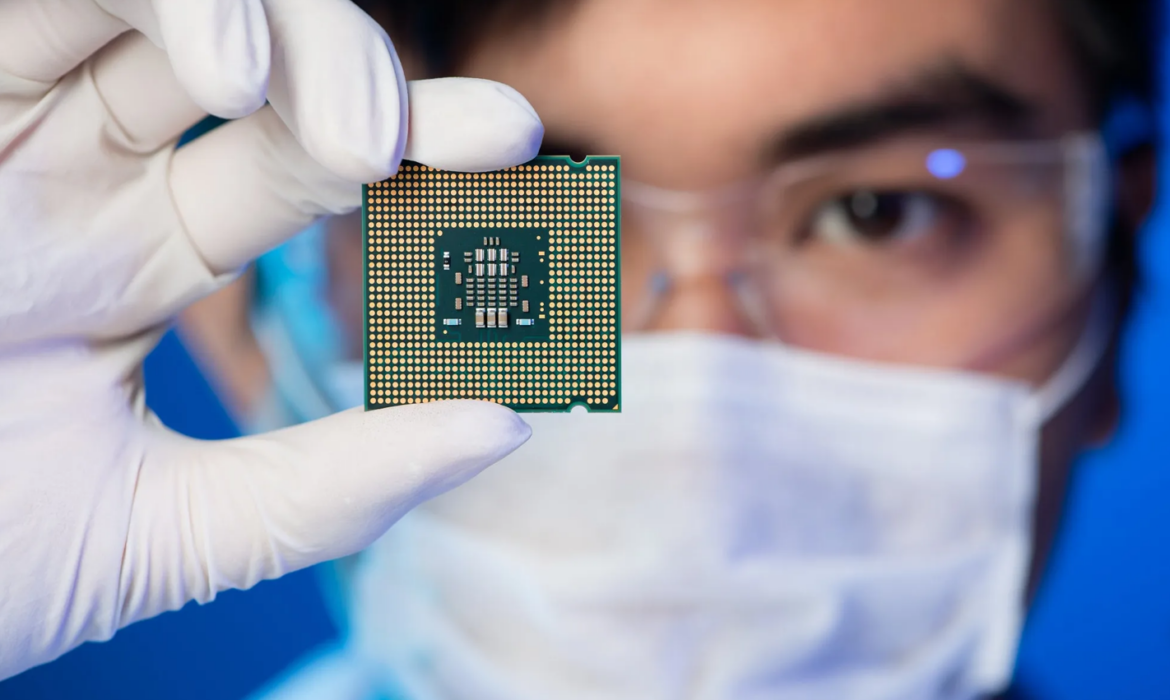
From the perspective of businesses and management agencies, there is a common concern: without synchronization from policy to action, the Vietnamese semiconductor industry will hardly be able to stand firm in the global game.
Mr. Le Nam Trung, Deputy Director of the Department of Information Technology Industry, Ministry of Science and Technology , also frankly acknowledged that the concretization of policies, mobilizing the participation of enterprises, and clearly identifying the responsible focal point, are all still in the process of completion.
“The major barriers are not only infrastructure or finance, but also the ability to coordinate and implement in practice. Many policies have not been communicated in a timely manner, and there is a lack of monitoring and feedback mechanisms. This makes it difficult for businesses to participate deeply in the industry,” he said.
According to Mr. Trung, current policies not only serve simple technological development, but are also closely linked to national security, socio-economic strategy and long-term competitiveness of Vietnam.
Agencies are urgently synthesizing opinions from businesses and experts to continue making adjustments in a more flexible and realistic direction.
“We hope that associations and businesses will continue to contribute ideas, provide feedback, and jointly develop policies. If there is only the State, it will be very difficult to create a sustainable technology ecosystem,” he emphasized.
Source: https://vietnamnet.vn/nganh-ban-dan-khong-trai-hoa-hong-shark-phu-he-lo-mat-trai-it-ai-biet-2411543.html








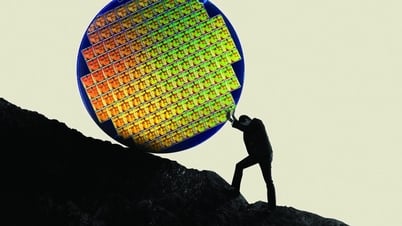


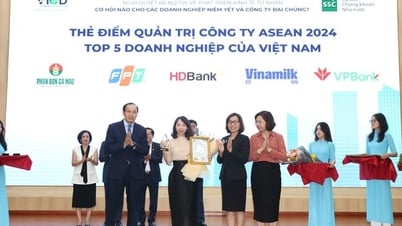




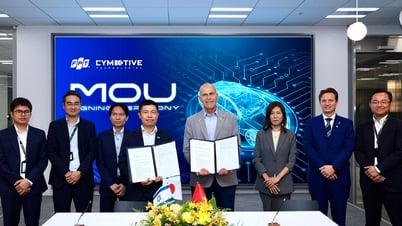
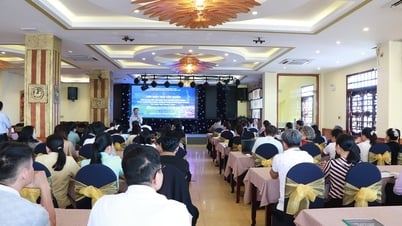


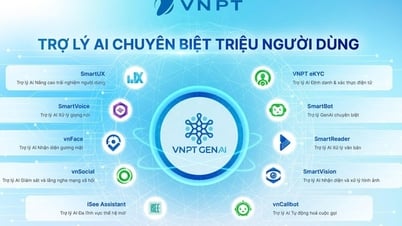








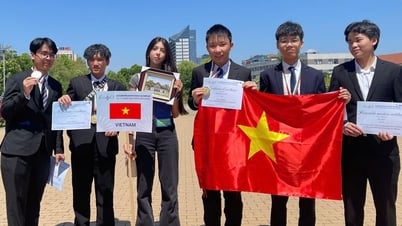


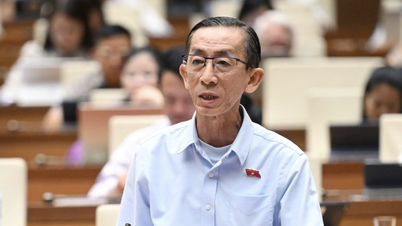






















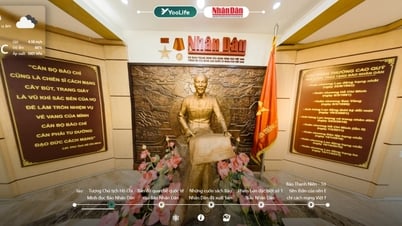


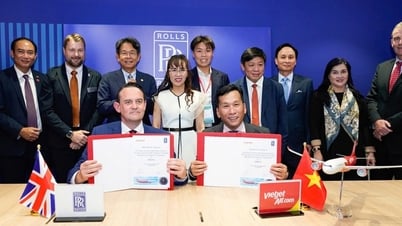
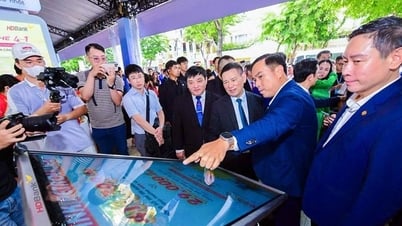

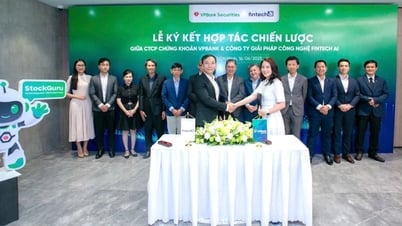

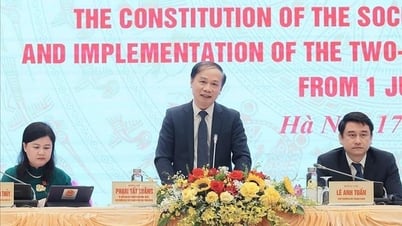





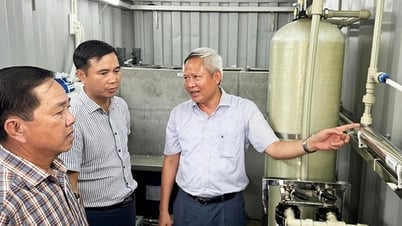





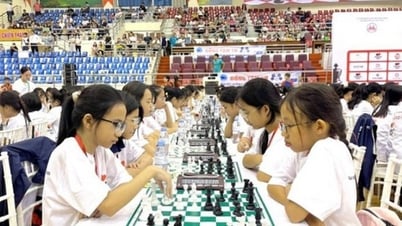



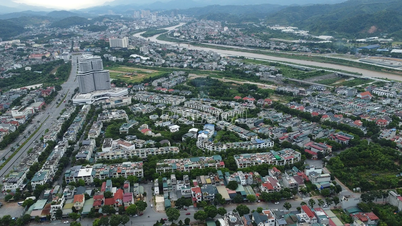
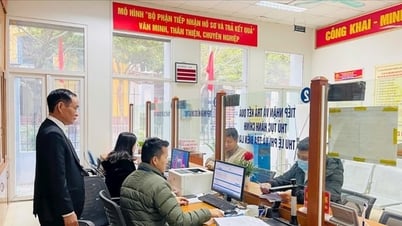




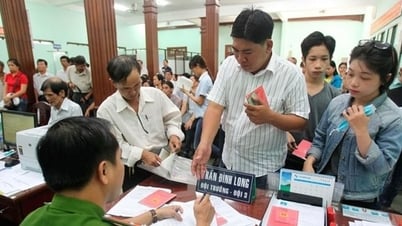

















Comment (0)